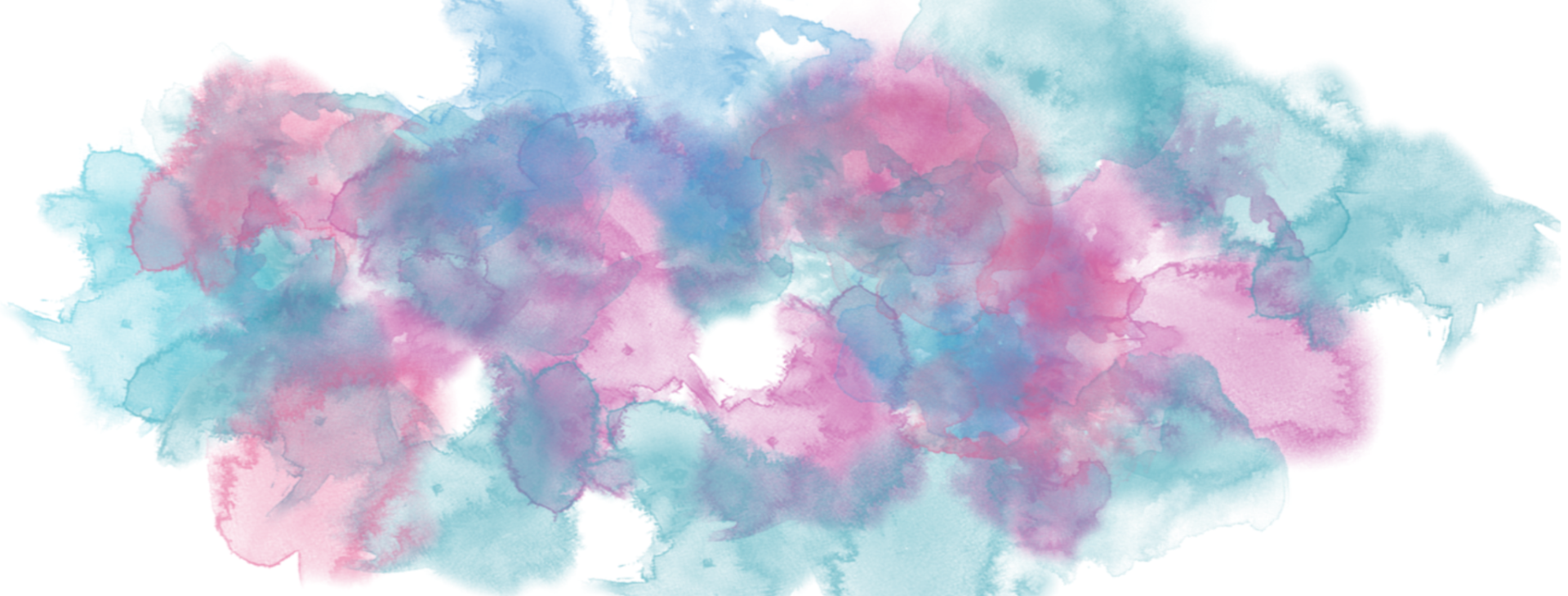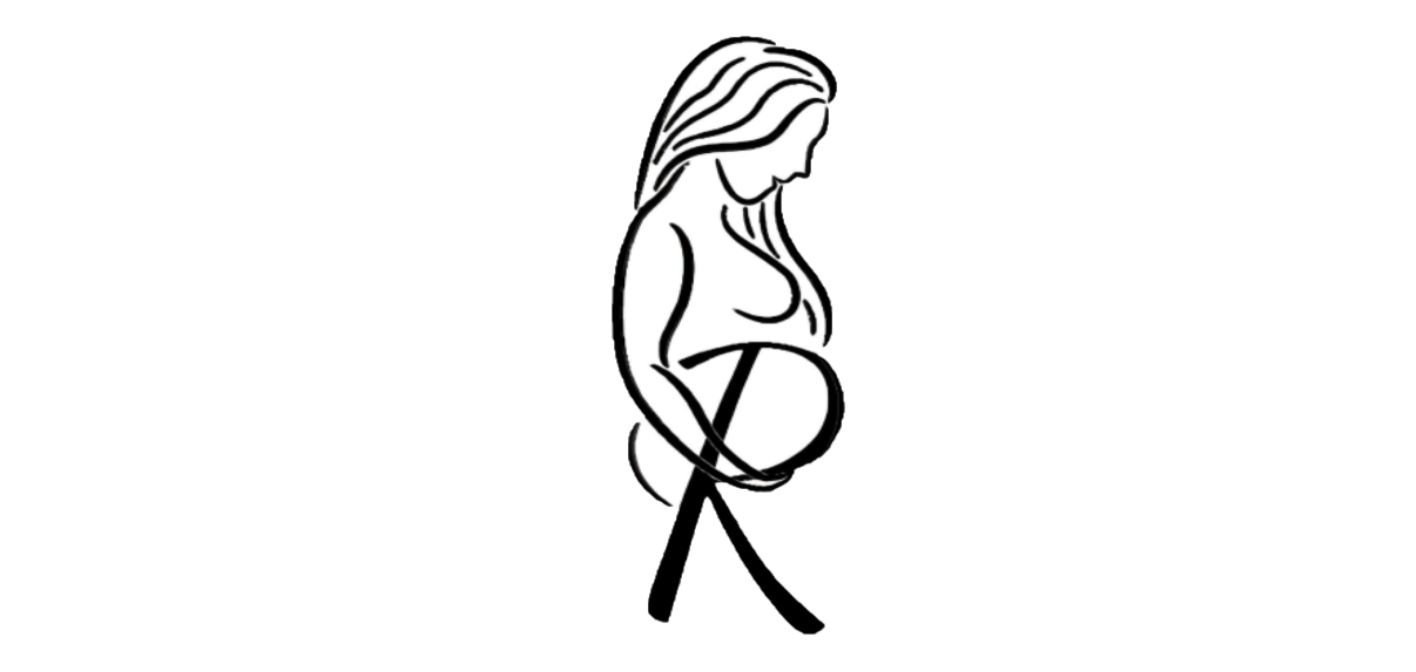
How may I help you?
Consultation
In pregnancy, many women get situations where they need to consult or ask for details about their situation or examination and understand the matter better. Or you may want help to make or go over your birth plan together. We can do this together.
Antenatal care
A midwife is a college-educated health professional who can care for a woman with a physiological pregnancy. I can check how you and the baby are doing and anything else you have to say.
Postnatal visit
Seeing a midwife at this time will help you to navigate all the changes that happen at this time. During this visit I can help you take care of healing birth wounds, I can give you advice on baby care and look at breastfeeding with you. All in the comfort of your own home so that you don't have to go anywhere during this sensitive time. In my opinion, this postpartum care is very neglected in the Czech Republic.
Lactation counselling
Most women wish to breastfeed their baby. Unfortunately, not all women succeed as they would like. If this is the case, I can help you with breastfeeding techniques or advise on alternative methods of breastfeeding. Along with lactation support, I can help you navigate your particular breastfeeding difficulties.
Prenatal course in english
The course takes place in the comfort of your own home and is designed for you and your partner. It consists of three sessions lasting approximately two hours. This spread over three parts helps you to process the new information and not be overwhelmed by the amount of it.
In case the complete course does not suit you, you can choose individual topics and we can discuss them in the form of a consultation.
1. meeting
We will talk about all sorts of ways to prepare for birth. We'll talk about accompanying your partner to the birth - what role you both see in it, and some specific ideas that can help both partner and parent afterwards. We can also go through a list of things to have ready in your bags for the birth and generally for the first few months for baby. We also start talking about labour, how it starts and when to go to the hospital. We will go through a list of things to have in the medicine cabinet for the baby.
2. meeting
We will look at how birth physiologically takes place, what the pelvis, uterus, amniotic sacs look like and how the baby is placed in the uterus (we may even try to palpate this through the abdomen if you wish). We will then talk about how admission to the hospital for birth takes place and talk about the interventions that take place in the delivery room. For all topics, we will discuss the positives, negatives, and options for refusal. As part of this, I will introduce you to WHO (World Health Organization) recommendations and others where you can look up additional information on your own.
3. meeting
At the last meeting we will go on to discuss what happens after birth, whether in the delivery room or with the baby - what it will look like after birth, you will know the importance of bonding and know what is essential in the first few hours. We will demonstrate handling the baby and possibly try out how to bathe the baby. We will remind ourselves of the importance of the now neglected six-week period and talk about breastfeeding, its importance and its undeniable benefits. We will try how to attach the baby to the breast and we will outline what to do in case of the most common difficulties.
